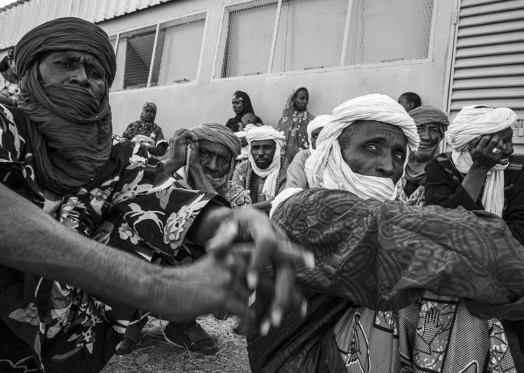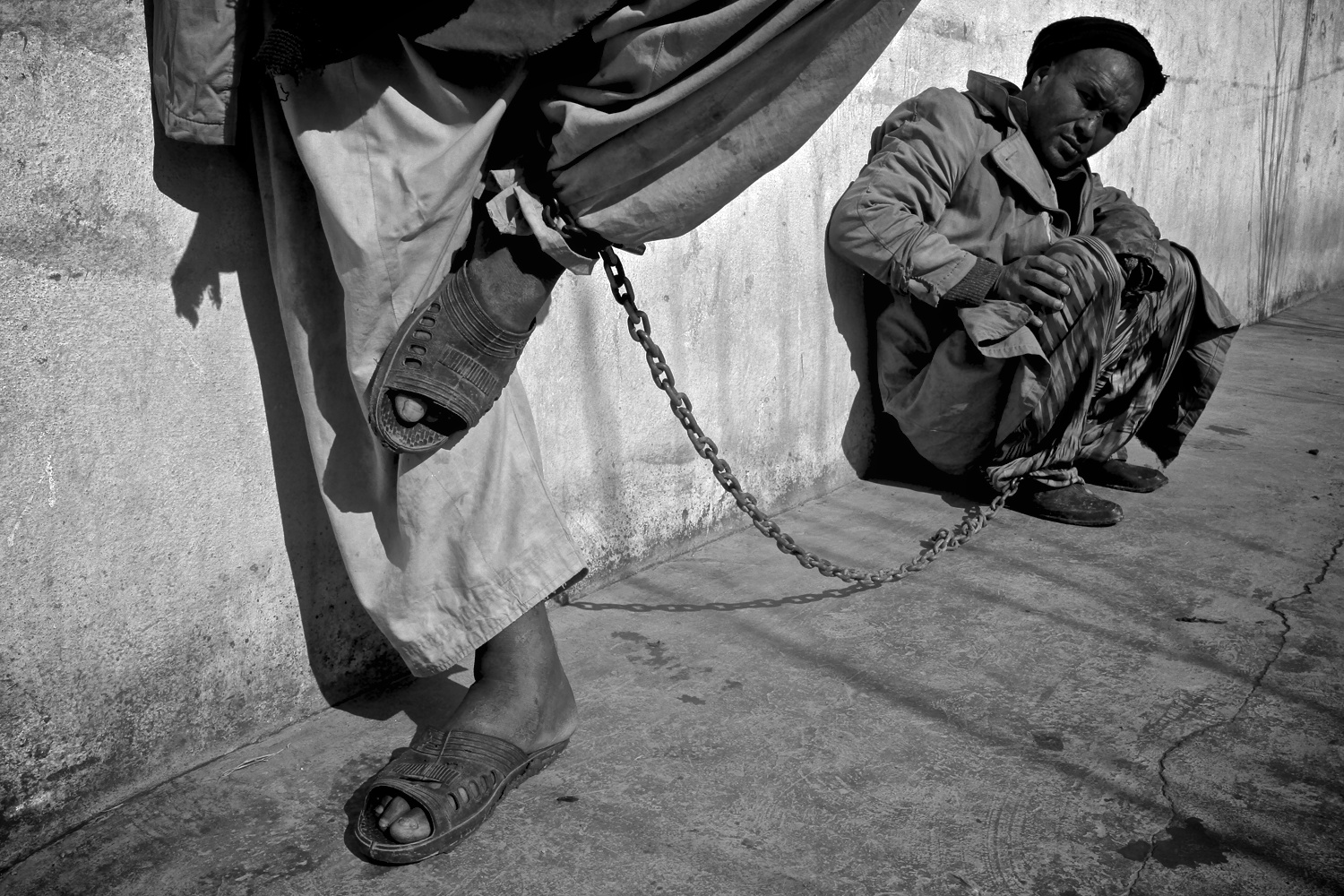A Land of fear

“The Angels of Death came down on us one mid afternoon. I managed to slip out of the village with three of my kids but my husband was shot. They gunned down my brother and sister, shooting at random. They burned the houses, stole the crops and the herds. There’s nothing left there but dead bodies”.
Salimata is now hanging around the crumbling small town of Nouna, in western Burkina Faso, looking for shelter and food: one of the roughly 5,000 internal refugees pouring in this farout community near the Malian border. A fraction of the one million people displaced in a country where a variety of armed groups – jihadists affiliated with Islamic State and al-Qaida, criminal gangs and ruthless ethnic militias – are waging a campaign of indiscriminate killing against the army and the civilian population.
In the past four years the attacks, including multiple deadly bombings in the capital Ouagadougou, have surged in number and lethality: more than 1,000 in 2019 with over 2,000 casualities. Thousands of schools were forcibly closed, leaving hundreds of thousands of children without access to education.
Thanks to the Unhcr, I was able to travel north in an armored car and reach the limits of the no man’s land: the scorched Sahel region, the “zone rouge” where dozens of villages are now empty and more than 350,000 people are on the run. It’s a land of fear, where jihadists roam freely and christians are persecuted, where vigilantes are granted free hands and mass graves surface in the bush. Distributing humanitarian aid is a risky gamble and even the Unhcr refugee camp in Dori has been targeted four times.
“They arrived at 8 am” says Fatimata Soudri, who fled the village of Zimboega three months ago. “At least forty of them, two on each motorcycle, with automatic weapons and machine guns. Their faces were covered but we know they were Peul: they spoke foulfouldè. They shot at the men and the boys. It wasn’t the first time: once they attacked the mosque and killed four imams. Last week they came back again and killed eleven militiamen. Now everybody has left”.
Nobody gives a chance to a military solution. The obsession of the Western world with the war on terrorism misses the point, which is clearly rooted in the ever increasing economic and social inequalities, fostered by a widespread corruption and by the oustanding political failures and lack of coordination of the Sahelian governements. Deploying more US drones or sending more French boots on the ground won’t necessarily do the job: we’ve seen it before, in Afghanistan and Iraq.
The Islamic State in the Greater Sahara, mainly based in the bordering Mali and Niger, and the others jihadi and criminal groups are skillfully exploiting the the region’s weakness: abismal poverty, injustice, wretched infrastructures, ethnic and territorial disputes magnified by climate change and expanding deserts.
The young and the unemployed are easily lured in the ranks. Joining the holy war gives them a purpose. And many others quite unholy benefits: smuggling drugs, gold, cigarettes and human beings to the shores of Europe and the Middle East.






